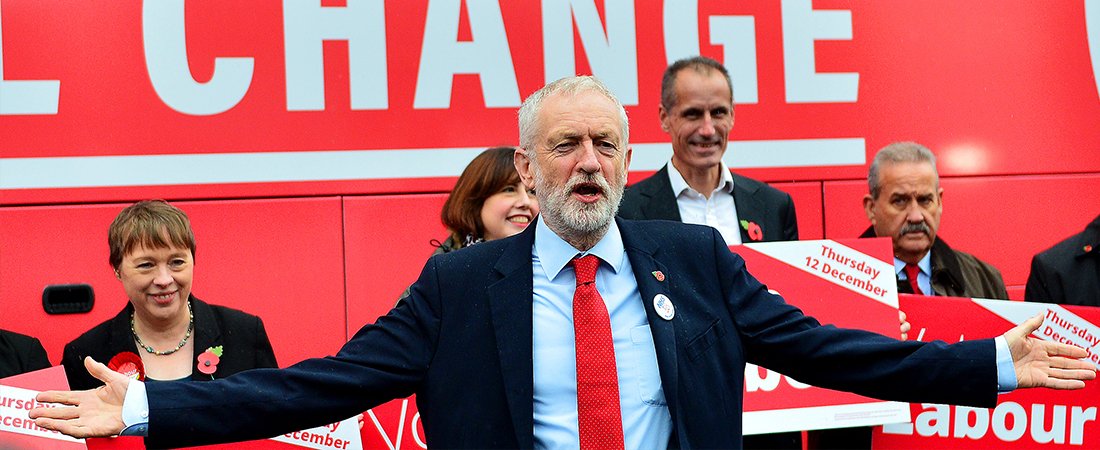The Tories enter this campaign with a healthy poll lead but as the 2017 General Election demonstrated, a lot can change when the starting gun is fired and already Labour is narrowing the gap in the polls.
Those closest to Jeremy Corbyn are energised and feeling positive, and believe that we are only weeks away from Britain’s first proudly socialist Government.
Moderate Labour MPs have been dealt a body blow by the departure of Tom Watson from frontline politics. He put a collective arm around these MPs. He is the one who led them and urged every one of them to stay in the Labour Party to fight for its future.
Boris Johnson does not enter this campaign in the usual way in that he has not been able to use the office of Prime Minister to announce lots of pre-election goodies like tax cuts or wage increases and nor has he delivered the one thing he promised to deliver – he has not got Brexit done.
So far the Tories have struggled to get control of the news agenda – austerity and the NHS dominated the first few days along with smaller announcements which have still made front page news on restoring free tv licences to over 75s. Where the Tories have been in the news it’s been for the wrong reasons with Jacob Rees Mogg’s comments on the victims of Grenfell playing in to a sense that they are still the nasty party. Also given the Tories entire strategy seems to be based on winning over working class Labour voters, Boris Johnson’s decision to launch an attack on Jeremy Corbyn for being a threat to rich people is a peculiar one if you need to appeal to voters hurt by years of austerity and stagnant wages.
The last General Election turned normal tribal loyalties on their head. Middle class city dwellers turned to Labour whilst the white working class in post-industrial towns turned to the Tories. Labour gained Canterbury and Kensington for the first time in history, whilst the Tories took Mansfield and North East Derbyshire for the first time.
Former Labour MP Ian Austin’s words urging traditional Labour voters back Boris Johnson at the General Election with a claim that Jeremy Corbyn is not fit to be a candidate will no doubt be printed on every Conservative leaflet in seats they are hoping to steal from Labour.
I have represented Ashfield for the last nine years, it is the sort of seat that the Tories must win this time in order to keep the PM Johnson dream alive. It went from a majority of nearly 9,000 to just 441 last time. It saw the biggest Tory surge in England, closely followed by Bolsover.
Being out on the doorsteps since the election was called is so far showing me that in a 70 per cent leave seat, no one is mentioning the Brexit party and there is very little movement between the two main parties – in the main people who voted Labour last time say they still will and in the main those who said they voted conservative last time still plan to do so. There is one noticeable change though – the number of voters saying they won’t bother voting following the fiasco of the last three and a half years. Trust in politics and politicians feels like it’s at an all-time low. Despite all the predictions of this being a four-party campaign, it feels very much like a two-party campaign on the doorstep and the polling is starting to reflect this.
In terms of the how Labour is financing the campaign, my sense is that there is a lot less cash around for a key seat like Ashfield from Party HQ. This could mean one of two things: Labour is so confident of success it is not employing a defensive strategy and spending all its cash in new seats it thinks it can win; or more likely, the Labour Party is broke after wasting cash on things like the Labour Live concert and an expansion in the number of highly paid staff in the Leader’s office.
Despite Labour’s challenges, it feels like they have stolen the march in week one of this campaign.

